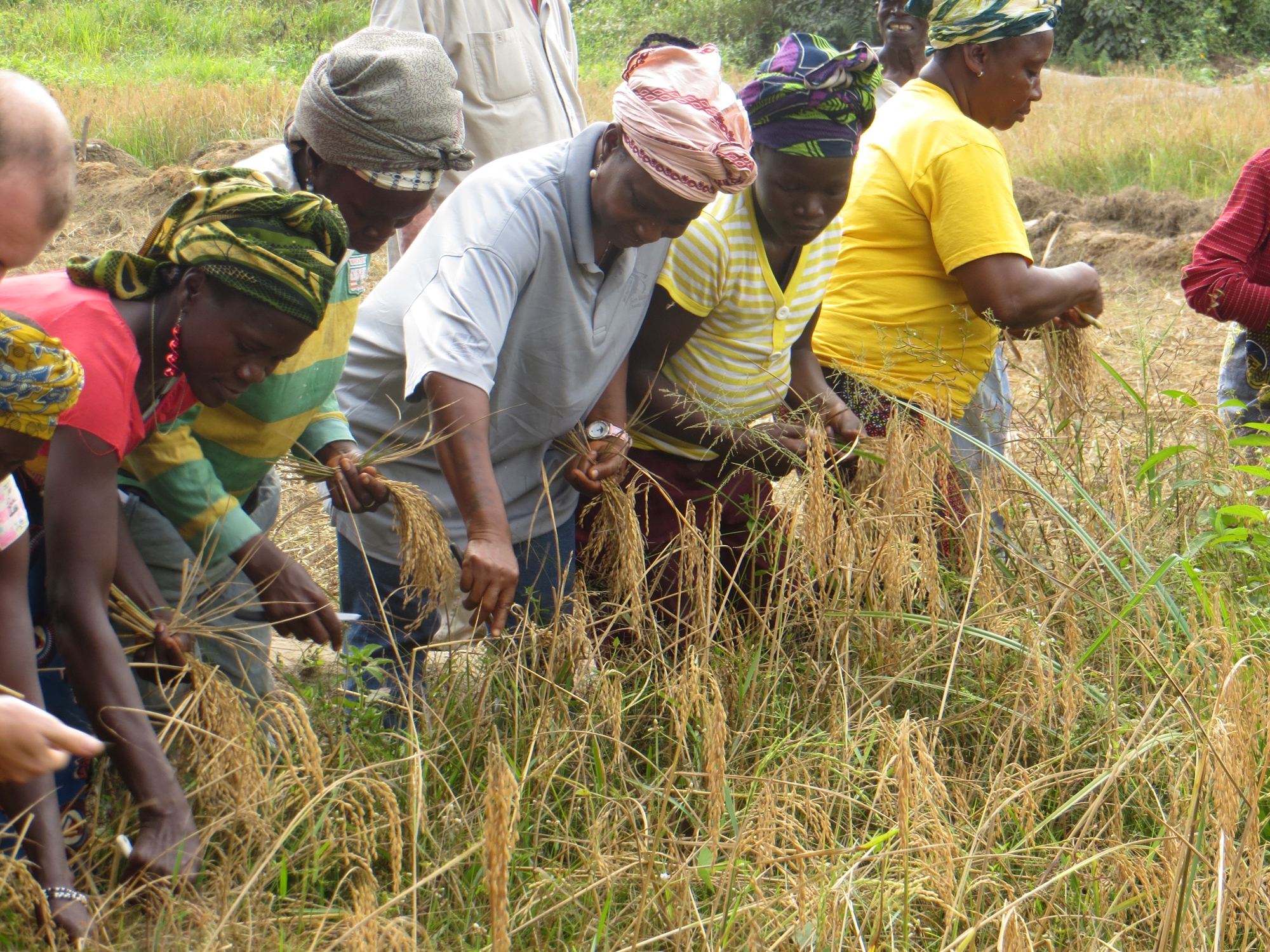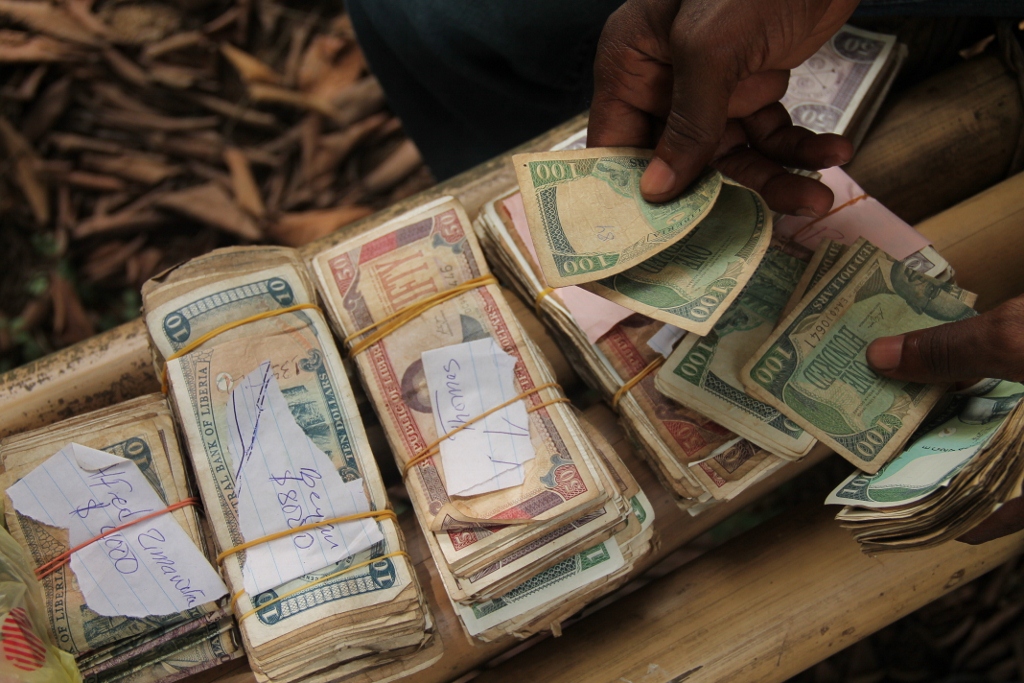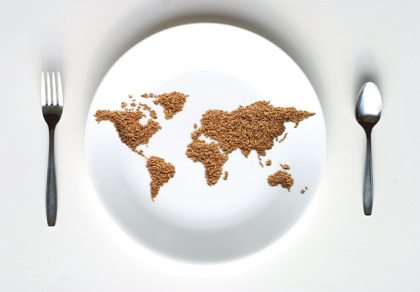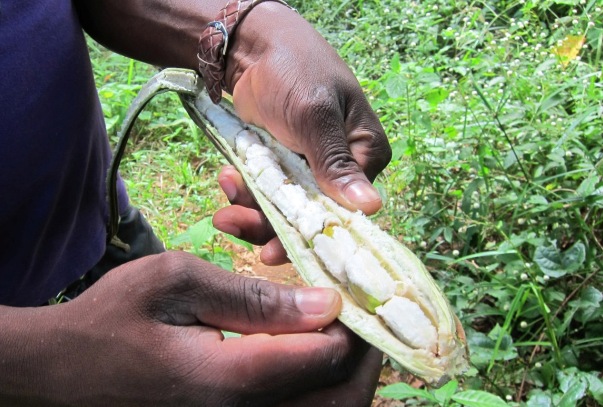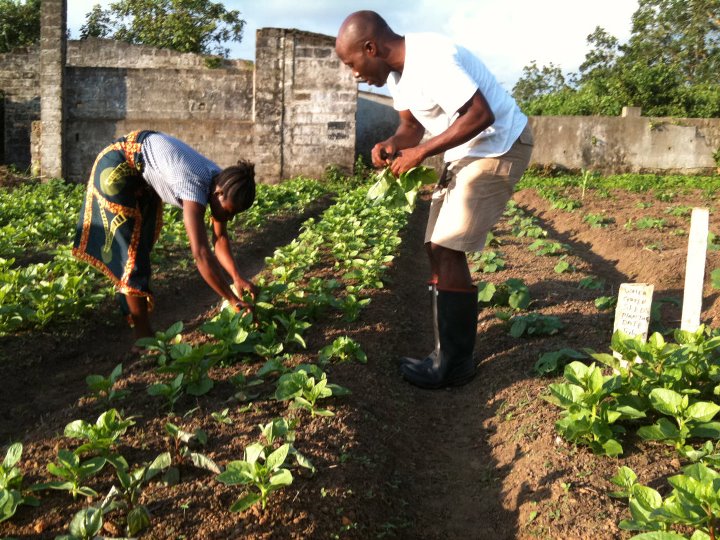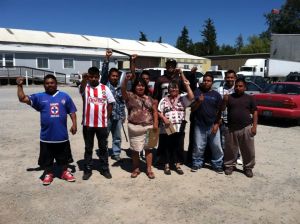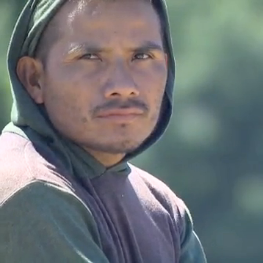Ebola Challenges the Success Achieved in Liberia’s Rice Sector
The Ebola outbreak – which has led to rising food prices and potential food shortages – reinforces the need for self-sufficiency and food security in times of crisis. Liberia has just begun to stabilize a network of rice growers and processors; rice grown in Liberia could go long way to support the Liberian population during this crisis.

